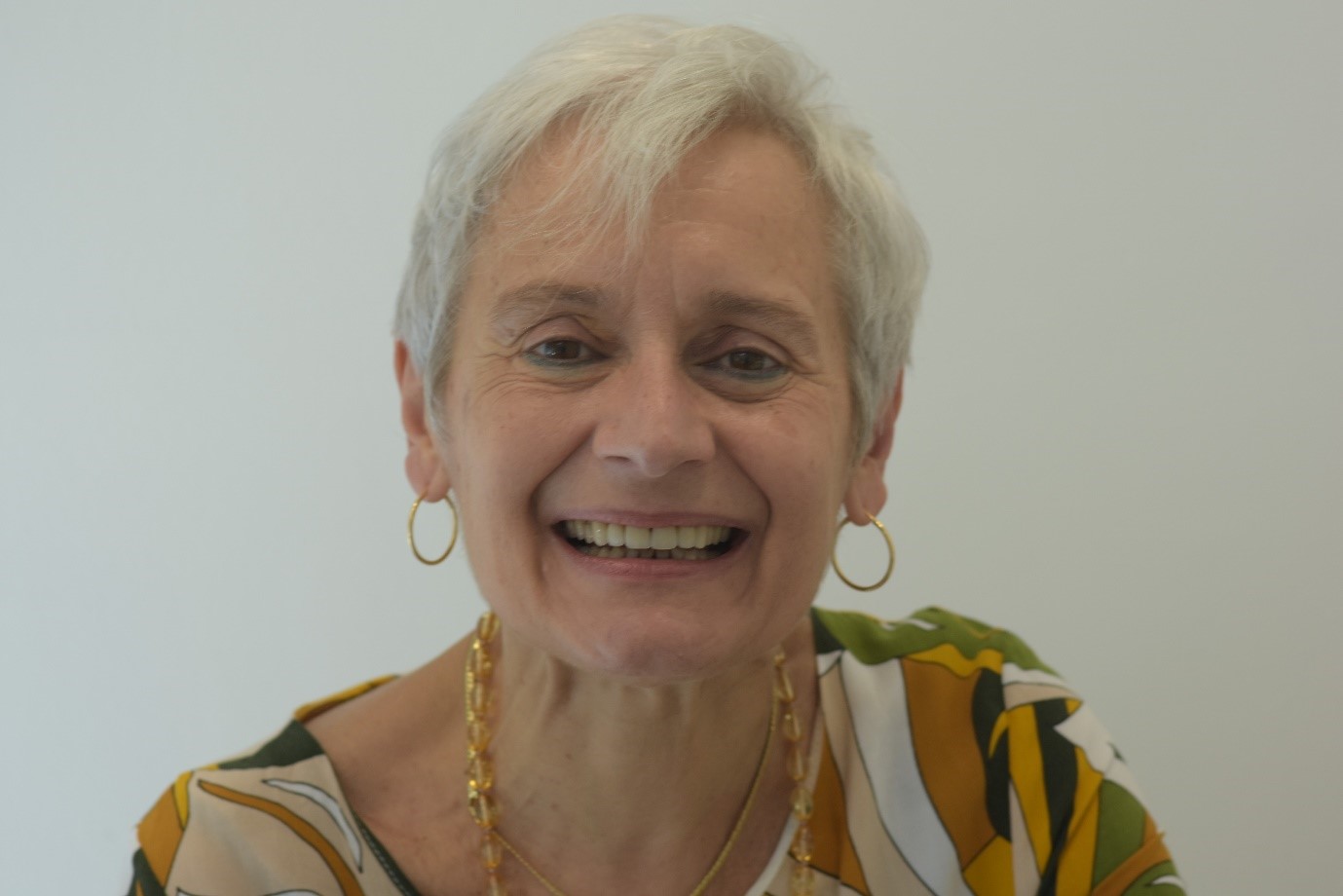Our “Five Minutes With” series seeks to discover what are the habits, inspirations and obstacles that have shaped the careers of leading cancer researchers and influencers.
Dr Silvia Franceschi is a cancer epidemiologist with a background in gynecology and medical statistics who has been Head of the Infections and Cancer Epidemiology Group, International Agency for Research on Cancer (IARC) for 18 years. She has been chiefly involved in studies on human papillomavirus and cervical cancer, particularly in high-risk populations such as inadequately screened populations in low- and middle-income countries and HIV-infected women. She has been Scientific Director of Centro di Riferimento Oncologico (CRO) IRCCS di Aviano, a National Cancer Institute located in North-Eastern Italy, since April 2018.
From where do you get your best research ideas?
From reading colleagues’ articles and protocols. One may argue that real news come from oral communications, during Congresses and informal exchanges. I do listen to oral presentations and have casual chats with pleasure, but I am cautious about preliminary findings and preliminary interpretations. The devil is in detail.
When do you get your best research ideas?
If the question is “when during the day” I can say any time. When I am into writing a report or planning a study, any time is good to make my mental narrative smoother, though better if it is in a team-setting with data in front of us.
What’s your top life hack? (trick, shortcut, skill, or novelty method that increases productivity and efficiency)
My favourite tip is to always discuss in depth tables and figures before writing any text. Time spent to get tables and figures as perfect as possible is never a waste and the only way to increase efficiency and clarity in study reports.
I’m inspired most by…
I was very lucky to be exposed very early to wonderful teachers, especially during my stays in Oxford and the US National Cancer Institute. Some of them, like Richard Doll or Elaine Ron, are not here anymore but they are always on my mind. I worship good statisticians and I am regularly inspired by my junior staff: the more different they are from me, the more they help me.
What advice would you give to someone starting their first research group?
I can share my career’s decision tree:
- Search for mentor(s);
- Decision on “school over” time;
- Independence or “better nurturing” in the choice of working places;
- Self-sufficiency or team work;
- Making promises or keeping promises.
My best advice, though, is “Always feel and behave as if you belonged to a global community of bona fide scientists”.
What’s the next big thing in cancer? What will be the game changers?
When people speak about innovation in oncology they have generally in mind new cancer treatments. Still, cancer prevention, screening and treatment increasingly share the same language and methods based on the understanding of the molecular mechanisms of disease. The discovery of the viral cause of cervical cancer has, for instance, started a revolution in prevention (HPV vaccine) and screening (cervical screening based on HPV testing). New treatments of HPV-associated cancers may follow along the same line. With respect to environmental causes of cancer, greater visibility to the link between cancer-preventing choices (smoke-free society, predominantly vegetarian diet, and walking/biking) and strategies to prevent global warming and pollution may booster young people’s motivation.
What is your favourite paper that you’ve published in the last 5 years (the one you’re most proud of)
It is a paper in Lancet Global Health that shows that a dozen types of bugs cause 1/7 of cancers worldwide and ½ in some sub-Saharan African countries. We have tools to prevent or treat many of these infections, and we should just do it!
The views expressed are those of the author. Posting of the blog does not signify that the Cancer Prevention Group endorse those views or opinions.
Share this page
Subscribe to our mailing list to get updates of new posts.

